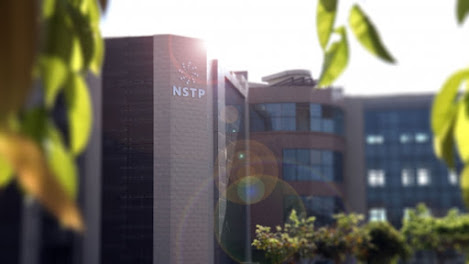Information technology has assumed a central enabling role in the emerging dynamics of a knowledge society and economy, becoming a key lever of economic development.
Like several nations in the region, Pakistan is currently seeing a digital revolution, which is carving a differentiated position as a preferred source for software development, BPO and freelancing.
Pakistan, which has about 60% of its 220 million population in the 15-29 age group, represents an enormous human and knowledge capital. Currently, the country has more than 2,000 IT companies and call centres and the number is growing every year.
Pakistan has more than 300,000 English speaking IT professionals with expertise in current and emerging IT products and technologies, and 13 software Technology Parks, while more than 20,000 IT graduates and engineers are being produced every year coupled with a rising start-up culture.
Pakistan is ranked the fourth fastest growing freelance market with 47% growth in freelance earnings, apart from a 70% surge in its IT exports over the past three years.
The country's digital growth is going through a rapid evolution. IT / IT -enabled services sector is one of the fastest growing in the country, contributing around 1% of GDP, which amounts to $3.5 billion.
IT exports have surged up to $2.616 billion [ July 2021 to June 2022] with a growth rate of 24.1%, in comparison to $2.108 billion during fiscal year 2020-21, reported the Ministry of IT and Telecom.
Pakistan's IT exports have increased by 26% during the first eight months of current fiscal year, compared to the same period last year. They have doubled over the last four years, with experts seeing a further 100% growth in the next two to four years, reaching $7 billion.
Pakistan's software exports are currently worth $700 million, according to the State Bank of Pakistan. However, the country's freelancers add another $1.2 billion to exports, an amount not recorded by the central bank as they are not registered.
In accordance with the Pakistan Vision 2025 and Digital Policy 2018, the ICT industry size is targeted to reach $20 billion by 2025.
Most importantly, the country's otherwise deteriorated security situation has seen a drastic improvement in recent years.
A number of successful startups like Careem, Daraz, Zaimeen.com Rozee.pk, etc are bringing an additional investment to Pakistan. Traditional investors from other Pakistani sectors like Textile and fertilisers are also taking special interest in the startup ecosystem.
In the traditional outsourcing, other South Asian nations are becoming increasingly expensive and finding it hard to compete in the technology areas like artificial intelligence, Internet of Things, cyber security, automation, etc.
According to a report of San Francisco-based organization Deel, the salaries of Pakistani freelancers are among the world's fastest growing. Pakistanis ranked third with 27% hike in salaries after Mexico [57%] and Canada [38%].
A survey conducted by Payoneer in 2019 showed that Pakistani women freelancers were earning $22 an hour, 10% more than the $20 an hour by men. Pakistani male freelancers' earnings are at par with global average.
The multibillion dollar China-Pakistan Economic Corridor [CPEC] project has also added to the rapid growth of Pakistan's technology ecosystem.
Pak-China Science, Technology, Commerce and Logistic Park will be established at an estimated cost of $1.5 billion over an area of 500 hectares in Islamabad. Islamabad will provide land to China's Xinjiang Production and Construction Corp, while Beijing will bear the investment cost for 10 years.
Science and Technology Parks are an outcome of collaboration between the community, academics, government and businesses. Technology [IT] parks have become a primary source of innovation induction in areas which range from small sectors to large economies.
Given the growth in economic activity fueled by the expansion in business dynamics, both innovation and technology have come up as the new frontiers for competition.
The Publishing continues. The World Students Society thanks author Harmain Sangi, a Turkish Digital expert.

.png)


0 comments:
Post a Comment
Grace A Comment!